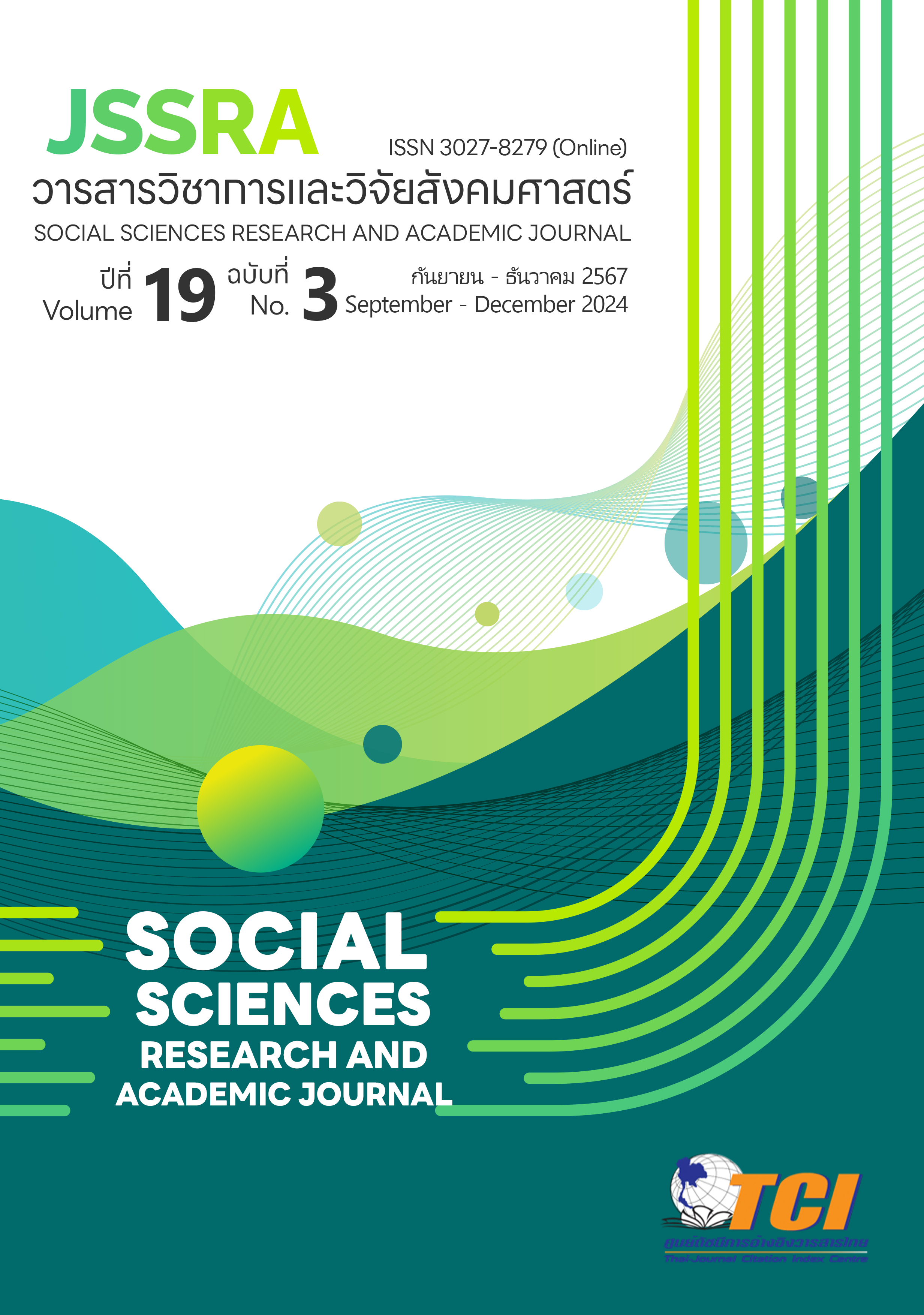The Effect of Brain-Based Learning Management on Learning Achievement and Satisfaction Toward Learning on Thai Subject of Prathomsuksa 1 Students
Main Article Content
Abstract
The purposes of this research were to 1) compare the learning achievement of Prathomsuksa 1 students between before and after learning by Brain-Based Learning management, 2) compare the learning achievement of Prathomsuksa 1 students between after learning by Brain-Based Learning management and the criteria 70 percent of total score and 3) study the satisfaction of Prathomsuksa 1 students towards learning on Thais subject. The sample were 11 Prathomsuksa 1 students of Bandonkadone School under the Chainat Primary Education Service Area Office obtained by cluster random sampling. The instruments of this research were 1) 6 lesson plans with the most appropriate level ( x = 4.14, S.D. = 0.81) 2) the 25 items achievement test with the difficulty was between 0.37 - 0.80, the discrimination was between 0.27 - 0.80 and the reliability was 0.78 and 3) the assessment form concerning satisfaction towards learning on Thai subject. Data were analyzed by using mean, standard deviation, t - test for dependent samples and t - test for one sample.
The research findings were as follows: 1. The Prathomsuksa 1 students after learning by Brain-Based Learning management had the achievement after learning higher than before with statistically significant at the .05 level. 2. The Prathomsuksa 1 students after learning by Brain-Based Learning management had the achievement after learning higher than the criteria 70 percent of total score with statistically significant at the .05 level. 3. The Prathomsuksa 2 students after learning by Brain-Based Learning management had the satisfaction towards learning on Thais subject in overall was at a high level.
Article Details
References
Caine, R. and Caine, G. (1989). 12 Principles for Brain - Based Learning. Retrieved October 9, 2023, from https://nea.org/teachexperience/braik030925.html
Chetuwan, J., Sathit-phakhikun, A. and Bangtoe, K. (2017). The Effects of Brain-Based Learning Approach on Reading Comprehension Ability and Learning Achievement in Thai Language Learning Area of Pratomsuksa 1 Students. Ratchaphruek Journal, 15(1), 73-79. (in Thai).
Chitchayawanich, K. and Pansiket Khongcharoen,K. (2021). Learning Management Method in 21st Century. (3rd ed.). Bangkok: Chulalongkorn University Press. (in Thai).
Inphitak, K. (2019). The Development of Reading and Writing in Thai Words of Pratomsuksa 2 Students through Brain-Based Learning Activities. Master thesis, M.Ed., Mahasarakham University, Mahasarakham.
Klomim, K. (2017). Brain-Based Learning for Student Teachers in Physical Education. Veridian E-Journal, Silpakorn University (Humanities, Social Sciences and arts), 10(1), 77-89. (in Thai).
Leardvicha, P. (2015). Brain-based Learning. Bangkok: Darnsutha Press. (in Thai).
Leardvicha, P. (2015). How-To Guide for A BBL SCHOOL. Bangkok: Tarnpunya. (in Thai).
Ministry of Education. (2008). Basic Education Core Curriculum Buddhist Era 2551. Bangkok: Ministry of Education. (in Thai).
Ministry of Education. (2012). Guidelines for Learning Thai Language That Are Consistent with Brain Development. Bangkok: Ministry of Education. (in Thai).
Moree, A., Makemeaungthong, C. & Boonthongterng, P. (2022). The Development Learning Achievement about Rhyming words through Brain-Based Learning Activities with Skill Practice Drills for PrathomSuksa 2 students. Rajabhat Maha Sarakham University Journal, 16(2), 196-204. (in Thai).
Office of the Basic Education Commission. (2022). Student quality assessment report Prathomsuksa 3, Academic year 2021. Retrieved April 30, 2023, from https://bet.obec.go.th/wp-content/uploads/2023/01/BOOK-NT.pdf.
Pho-ong, J., Sripanomthanakorn, S. and Iao-sanurak, S. (2020). Development of a Reading Activity Package using Brain Based Learning for Spelling of Thai Words, Learning Area of Thai Language for Prathomsuksa 1. Rampai Barni Rajabhat University Journal, 14(2), 212-221. (in Thai).
Ritcharoon, P.(2016). Research Techniques for Learning Development. Bangkok: Chulalongkorn University Press. (in Thai).


